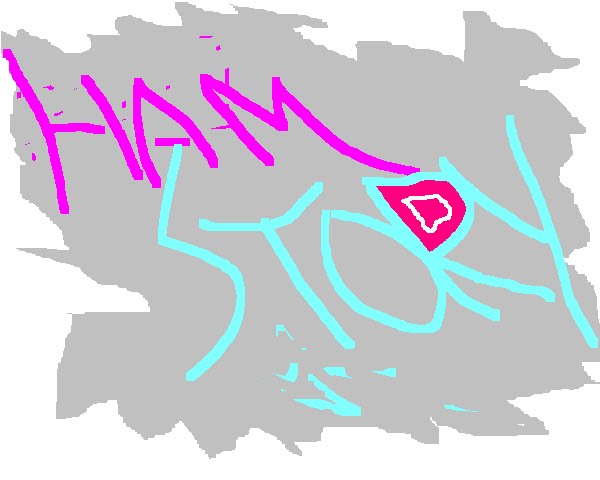THE SLAUGHTER and destruction of the 100,000 pigs at the centre of the pork meat contamination scare will begin today.
Plans are also being finalised for the destruction of the 4,000 cattle which were also fed the same feed, the Department of Agriculture confirmed last night.
The announcement came as investigators attempting to trace the source of the oil at the centre of the pig and cattle dioxin scare confirmed that it came from electricity transformers.
The chemical profile of the contaminant was identified as being waste-transformer oil, according to sources close to the investigation.
This may help the environment protection agencies North and South who are investigating the incident with the Garda and the PSNI to find the culprits responsible for the crisis.
The focus of the investigation is now on how the contaminated oil entered the system and ended up being used to convert out-of-date food for cattle and pig ration at the Millstream recycling plant in Co Carlow.
That company has said it had only ever purchased oil from a legitimate supplier in the Republic. That supplier, which has not been named, has not made any public statement.
A Co Tyrone company which supplied oil to the plant for a limited period has said it is not responsible for the contamination and it has passed an audit by the Northern Ireland Environment Protection Agency.
The recall of beef from the 21 beef farms which were known to have used the contaminated feed, is continuing as plans are being put in place to slaughter and destroy the animals on those farms.
The number of animals is not know but will be considerably fewer than the 9,530 cattle originally identified in the Republic on 52 farms.
The Food Safety Authority of Ireland had reported on Thursday last four samples from restricted beef herds were above the allowable limit but posed no threat to public health
All these animals, and the 100,000 pigs which were exposed to the feed, will be removed from the food chain and their bodies rendered and incinerated abroad.
The European Commission announced on Friday it would co-finance a disposal scheme for these pigs and pork in a move which will see it make more than €20 million available.
It said it would pay 50 per cent of the cost of buying the animals blocked on farms and for pigmeat stocks held in slaughter houses or still owned by slaughter houses.
The EU also put into place a scheme for buying up 15,000 tonnes of pigmeat in Northern Ireland, a so-called aids to private storage scheme, similar to that already established in the Republic which will take 30,000 tonnes of pigmeat off the market.
The EU contribution to resolving the pigmeat crisis here now stands at almost €36 million and the Government had already put a €180 million package in place to get the factories reopened and the industry moving again.
The dioxin test results from cattle herds in Northern Ireland exposed to the contaminated feed are expected later this week.




 Three tons of double dead pork were seized by Quezon City health officials several meat stalls in Balintawak Market, Thursday night.
Three tons of double dead pork were seized by Quezon City health officials several meat stalls in Balintawak Market, Thursday night.